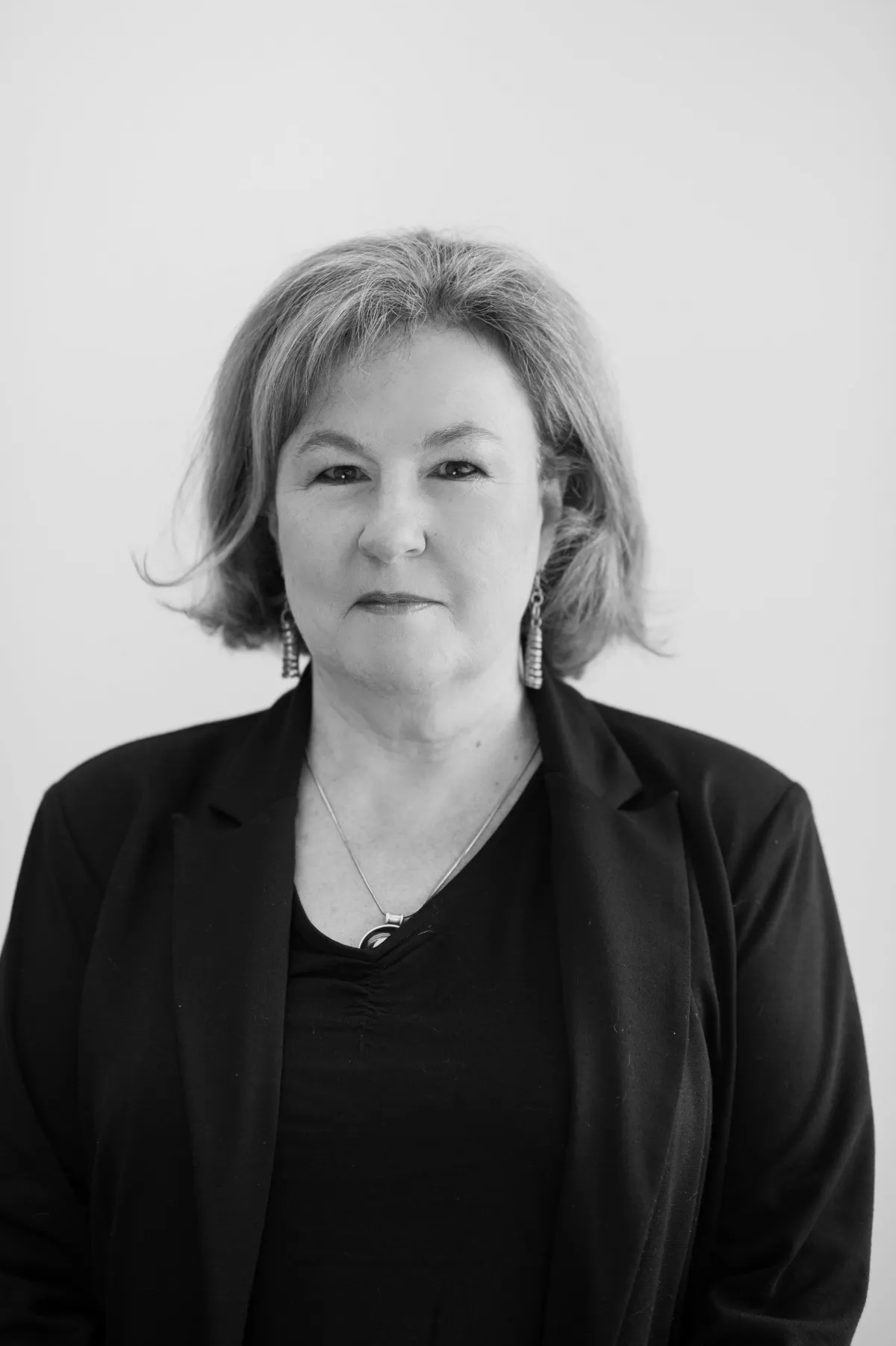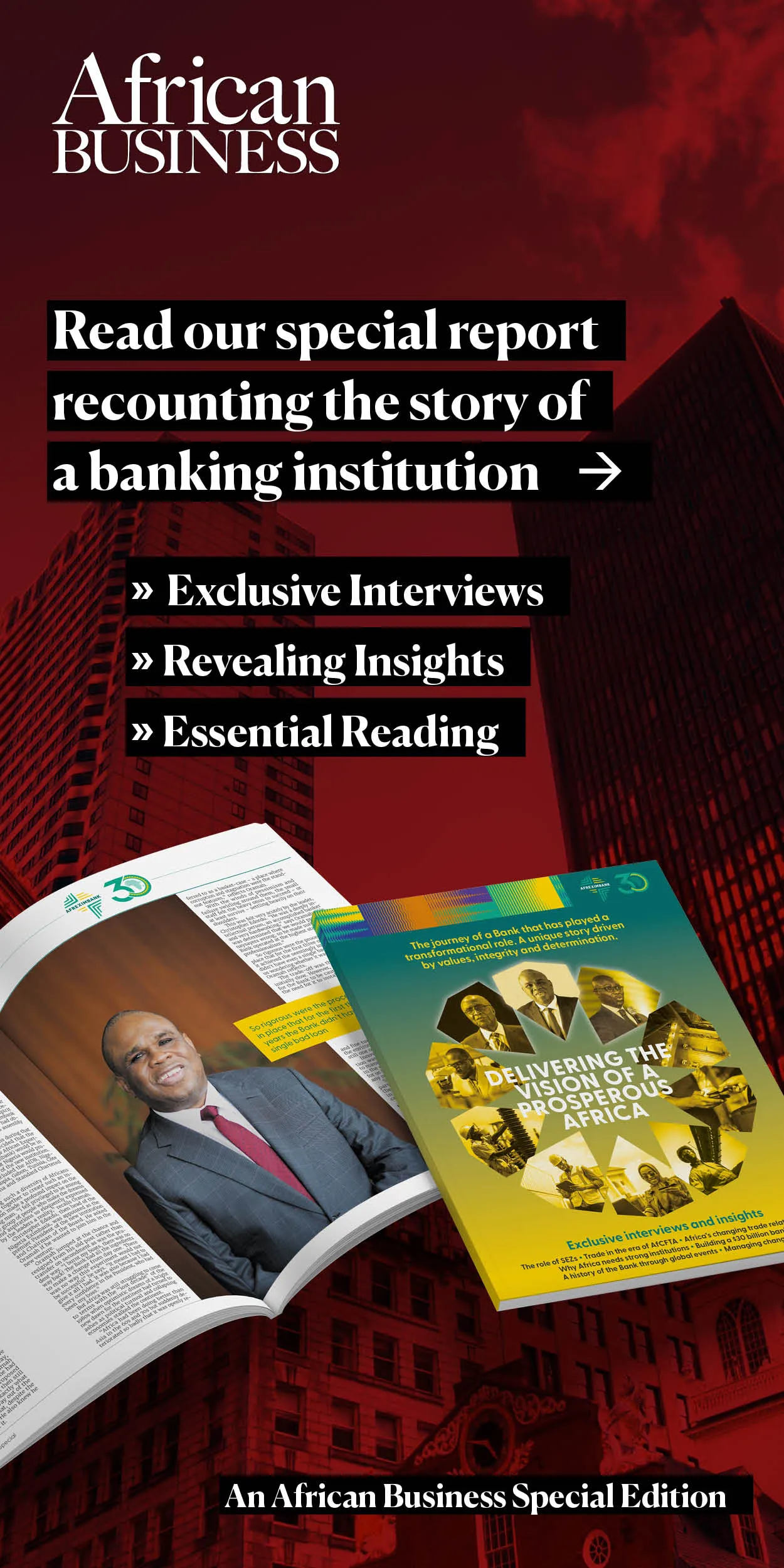This article was produced with the support of Afreximbank
Bringing down the cost of transactions for African traders and businesses, as well as reducing the complexity of moving money across borders on the continent is at the heart of the Pan-African Payments and Settlement System (PAPSS), says its CEO Mike Ogbalu (pictured).
The initiative is still in its pilot phase but already seeking to branch out beyond the nine countries that are currently participating in early-stage use of the system.
This is no small feat on a continent with 42 different currencies, few of which have value outside their borders. Ghana, with its cedi, has not been able to accept naira from nearby Nigeria, nor rands from South Africa, for example and relies on trade in US dollars and other international currencies.
Trades done through correspondent banks and money transfer systems cost Africans about $5bn in charges every year, according to Afreximbank.
The Bank partnered with the African Continental Free Trade Area Secretariat to launch PAPSS, a platform to facilitate instant cross-border payments in local currencies between African countries.
The system was formally launched in January last year and currently has nine central banks linked to the platform. In addition to the six launch countries that make up the West African Monetary Zone – Nigeria, the Gambia, Sierra Leone, Liberia, Ghana and Guinea – the pilot has been extended to include Djibouti, Zambia and Zimbabwe.
Ogbalu likens the initiative to a railway that will connect key stakeholders and countries on the continent and guarantee that transactions can be done instantly anywhere in Africa.
Fine-tuned system
In the pilot, the target time for a transaction to be completed under PAPSS was set at 120 seconds, but it is now well below that, he says.
Ogbalu, a former banker from Nigeria, has been in the technology space for some time, more recently in payments. He has worked for global payment systems companies such as Interswitch and Verve International.
The CEO says the system is being run with the central banks of participating countries, but he is engaging with African commercial banks that have an extensive footprint on the continent to speed up the adoption rate.
There are some complications. In some of the pilot countries, policies and frameworks are designed for dollar trades and the payment systems are often specifically mentioned in law or are incorporated in regulatory frameworks. Getting this checked and adapted can slow things down, but a number of countries are on track, says Ogbalu.
The exchange rate of each transaction is set by the real-time gross settlement system of the central banks, with PAPSS setting benchmark reference rates to set a reasonable boundary on the exchange rate to give comfort and avoid arbitrage. There is also a mechanism that ensures they are not out of sync with other available rates.
In essence, the buyer and seller agree on the rate and transactions are sent in one local currency and terminate in another.
Participants must agree to a pre-funding arrangement. “It makes it easier that all deals are fully funded at each tier before you can trade. And it reduces risk,” says Ogbalu
The bilateral transactions are done on a net basis between the amounts to be transferred from both sides, which can dramatically reduce the funds actually moving between countries. Net settlement occurs at the same time every day and every stage of the transaction is communicated to all stakeholders.
Ogbalu says modelling has shown that at peak, this system will reduce demand for the movement of money by more than 80%.
The system will continue to expand, he says, as it is fine tuned, and more countries are keen to come on board. It is already in discussions with Francophone nations as well as Egypt and Tanzania.

 Sign in with Google
Sign in with Google 
